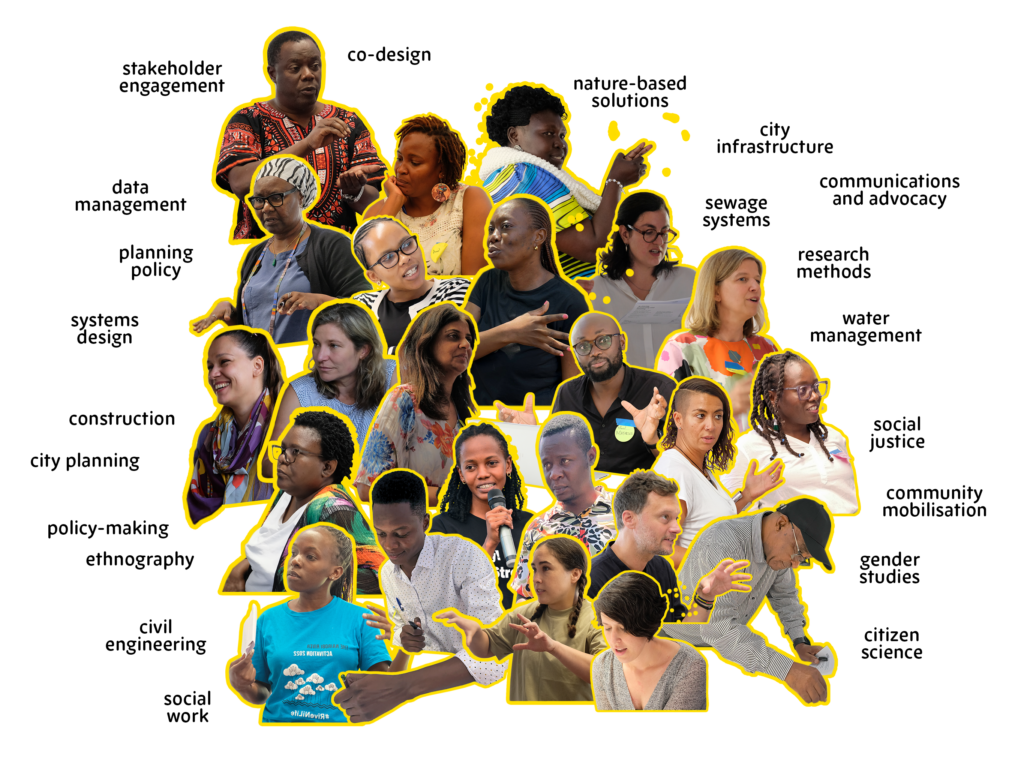OUR OBJECTIVES
Cities in East Africa are increasingly affected by climate change, and it is often people living in low-income and informal settlements who feel these impacts the most. Nature-based solutions (NbS) have the potential to support climate resilience and mitigate environmental hazards, however, there is a lack of evidence and understanding of their application in urban informal settlements. Furthermore, despite making up a large proportion of residents in these neighbourhoods and often being most impacted by environmental risks, the voices and perspectives of women and young people are often missing from formal planning and development approaches.
LISTEN, LEARN & LEAP aims to fill existing knowledge gaps by exploring the factors that support the uptake, sustainability and institutionalisation of equitable NbS in riparian and coastal areas of Nairobi and Dar es Salaam.
We seek to understand the ways in which people living in urban watersheds are working with or using nature to build local resilience, and to uncover the barriers and opportunities for scaling-up community-driven NbS in East African cities.
Our intentions to ‘LISTEN, LEARN & LEAP’ are reflected in our name and research approach. We engage with different stakeholders including women and girls, young people, civil society and local government, and LISTEN to their experiences of, and involvement in, nature-based initiatives in Nairobi and Dar es Salaam. We apply this knowledge and LEARN by doing, working with women and young people living in the watershed to co-produce NbS, developing methodologies and actionable knowledge to support the institutionalisation and scaling-up (LEAP) of equitable and sustainable NbS in urban settings.
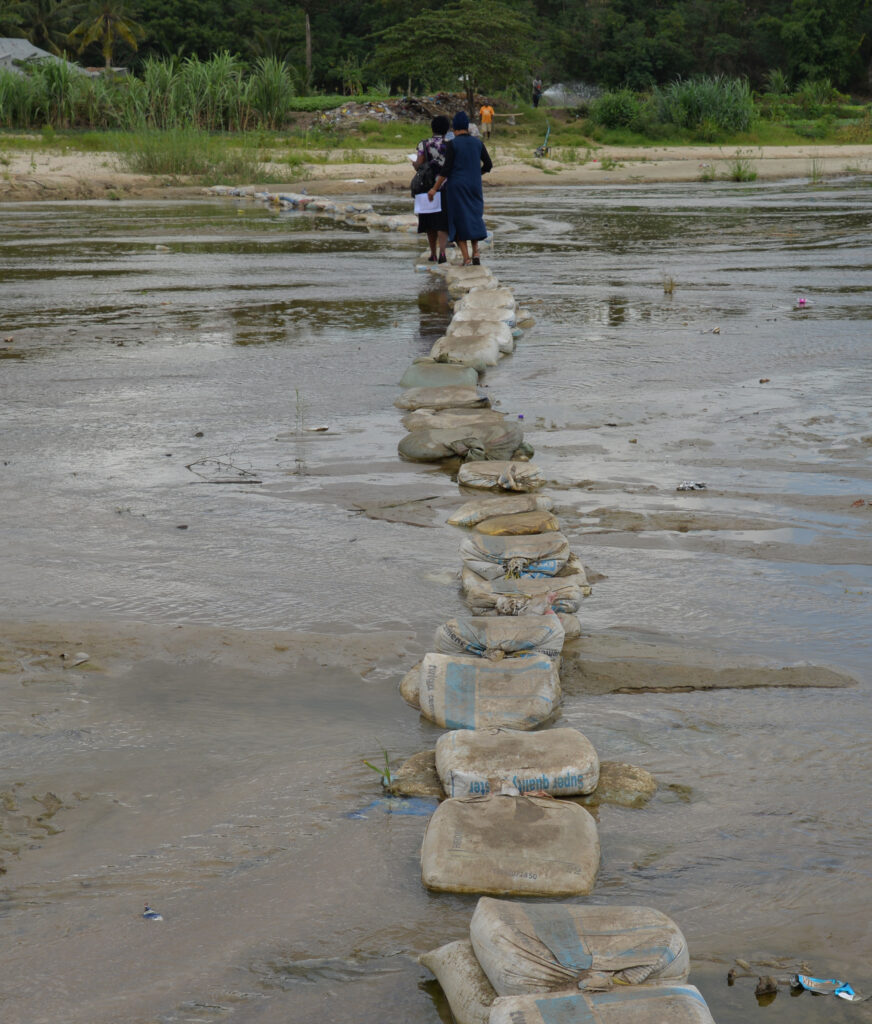
RESEARCH QUESTIONS
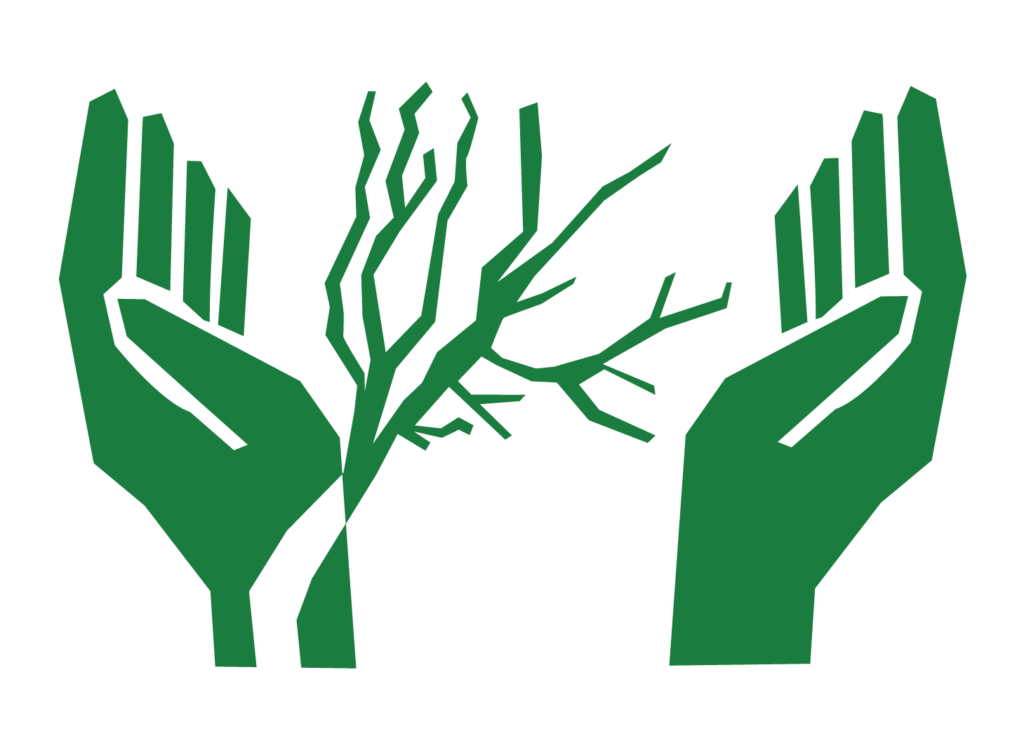
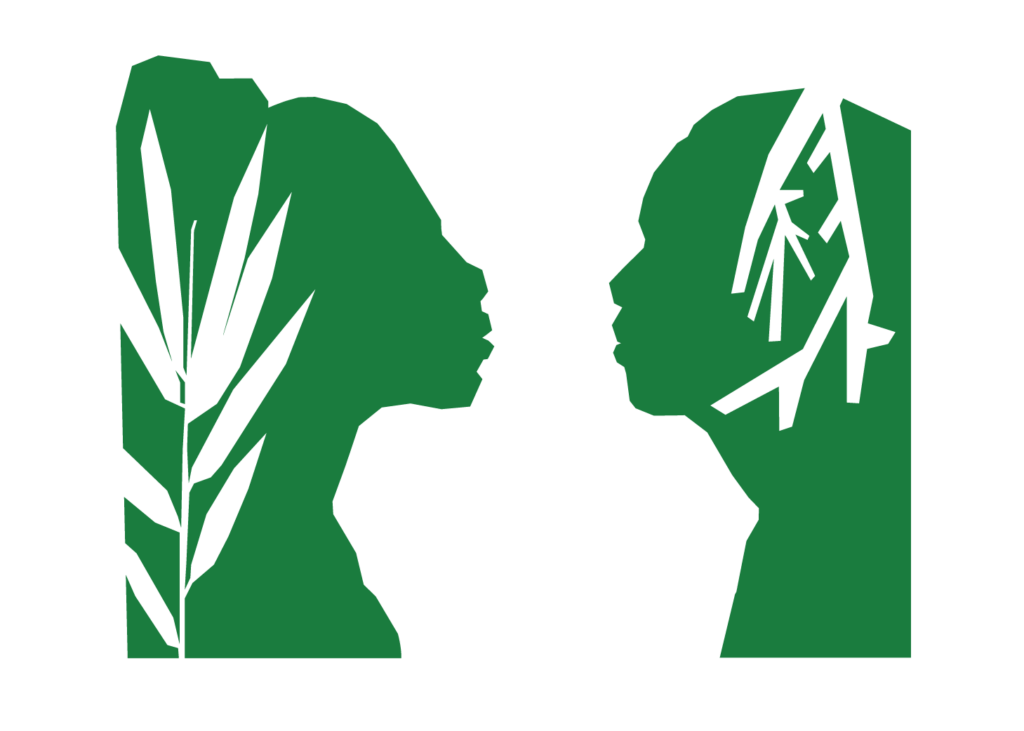

How inclusive and sustainable are existing NbS initiatives in Nairobi and Dar es Salaam? To what extent do they address the diverse needs of people living in informal settlements and contribute to climate resilience?
How can we ensure that NbS initiatives are participatory, equitable and benefit those most impacted by climate change and environmental hazards?
What are the barriers and opportunities for institutionalising and scaling up community-driven NbS into urban planning and decision-making?
Document existing NbS initiatives in Dar es Salaam and Nairobi, paying attention to the ways that they engage with and address the needs and interests of low-income women and young people living in urban watersheds.
Experiment with participatory methodologies to develop new NbS initiatives that address the needs of women and young people in informal settlements and contribute to local resilience.
Facilitate cross-sectoral dialogue and knowledge exchange with diverse stakeholders to identify common goals and mechanisms for institutionalising and scaling-up community–driven NbS initiatives.
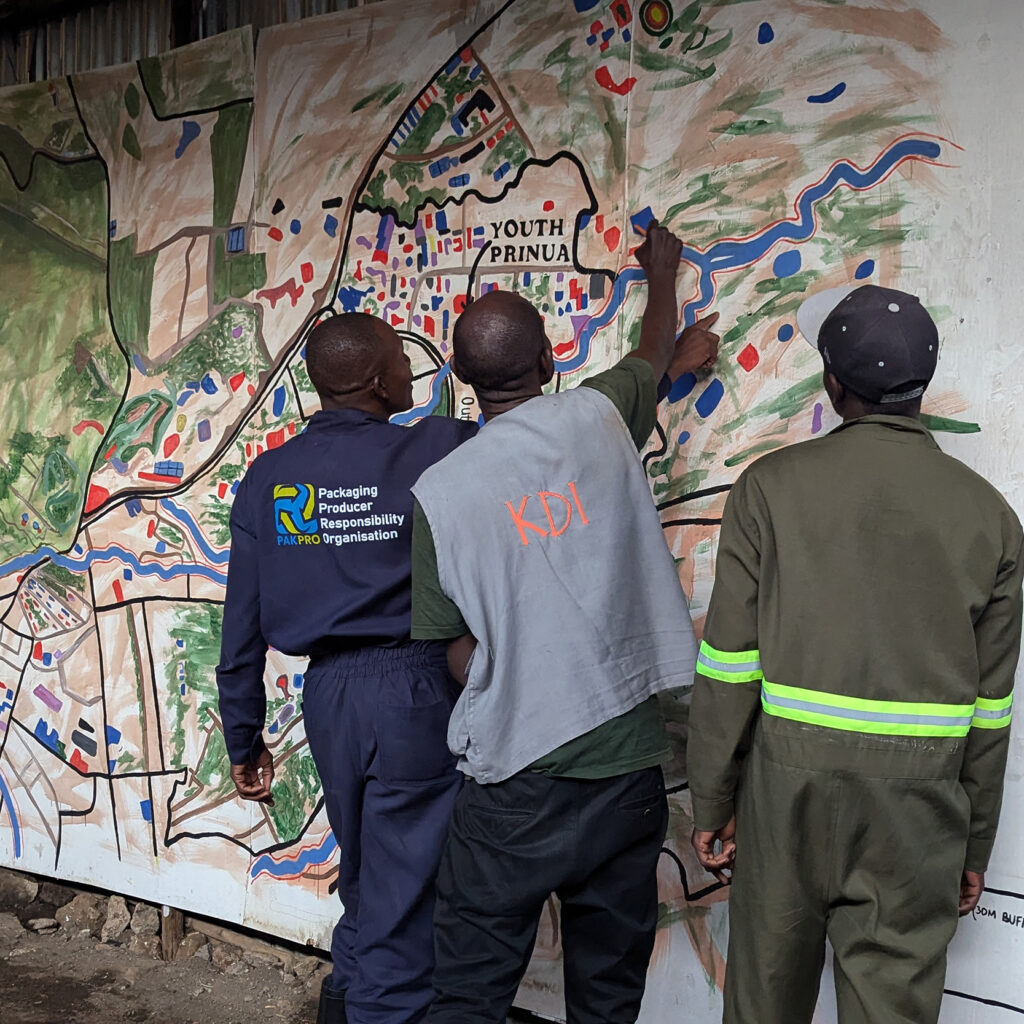

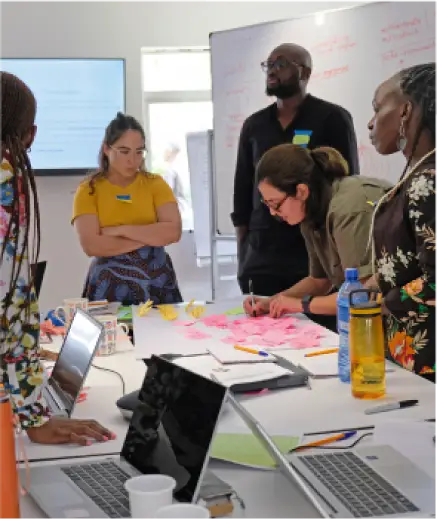
PROJECT TIMELINE
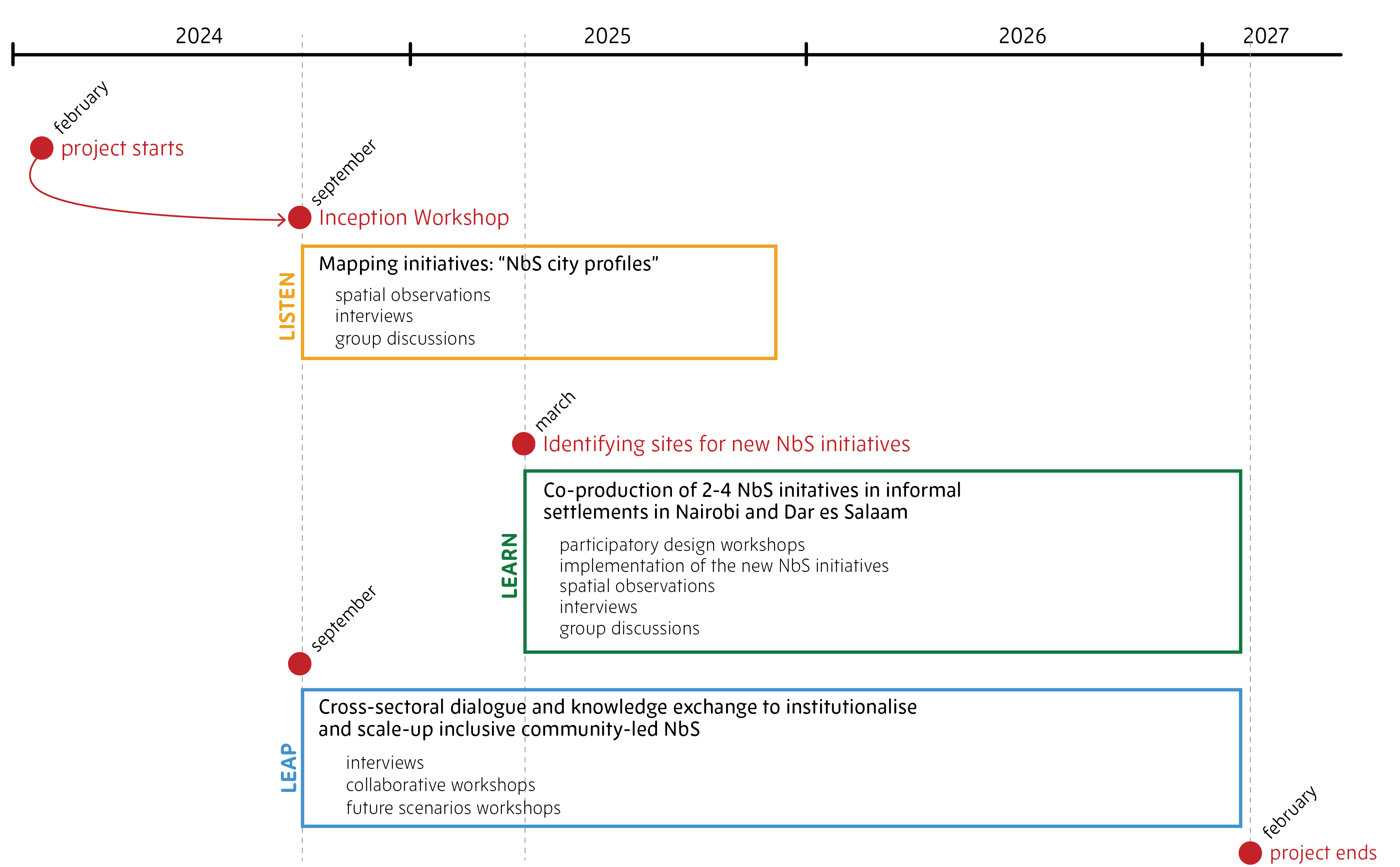
PROJECT EXPERTISE
